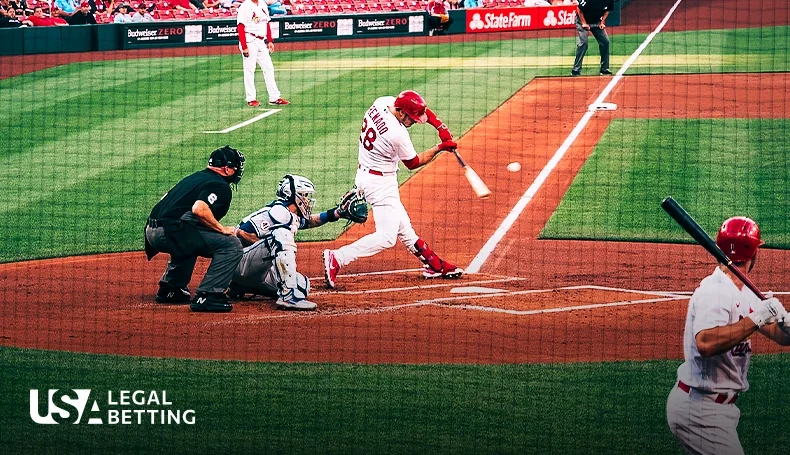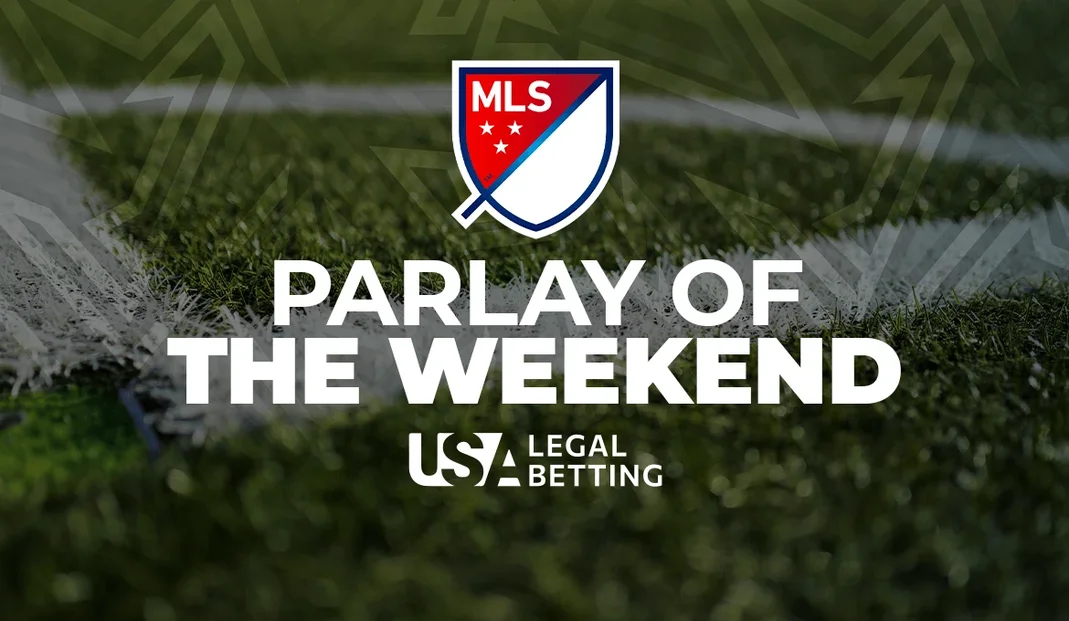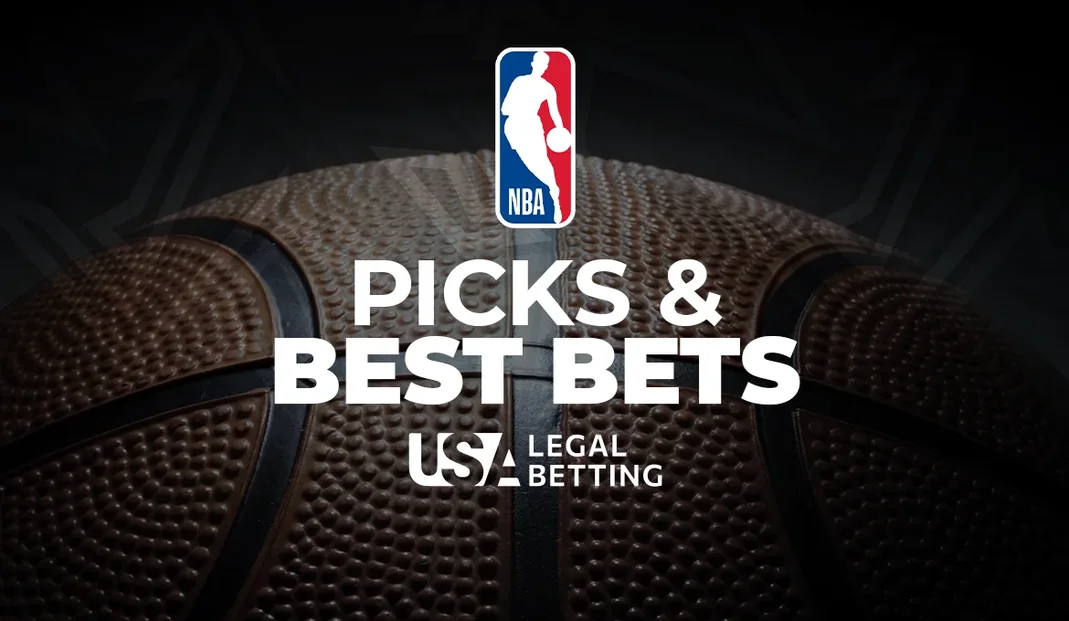According to the Fantasy Sports & Gaming Association (FSGA)’s website, “The future of fantasy sports and sports betting starts” at the recently-passed FSGA Conference.
The information that was shared was via a study conducted by public opinion and research company Angus Reid Group. It found that over 81 million adults participated in some form of sports betting or fantasy sports, representing a 7% increase year-to-year.
While one might draw the conclusion that the growth in sports gambling would mean that different verticals, including sports betting, both in-person and online, and fantasy gaming would all thrive. However, according to the study, that is not wholly accurate.
FSGA’s data revealed that the percentage of fantasy-only players grew from 13% to 21%, while sports betting purists grew from 28% to 34% during the same period. That growth of specificity led to a decrease from 59% to 45% amongst the crossover audience, or players that participated in both forms of sports gambling.
In addition, offshore sports betting suffered mightily. Non-native sportsbooks experienced a 48% decline year-to-year as the influence of legal sportsbooks won out. That was also likely helped by the expansion of sportsbooks into new states, such as New York, Maryland, and Kansas. Although the use of offshore sportsbooks was still illegal prior to those legislative updates, willing gamblers did not have regulated alternatives to turn to.
But while the user base for legal sports betting and Daily Fantasy Sports proliferated, the base demographic did not. Younger White males still risked more money and did so more regularly than any other age, race, or sex.










